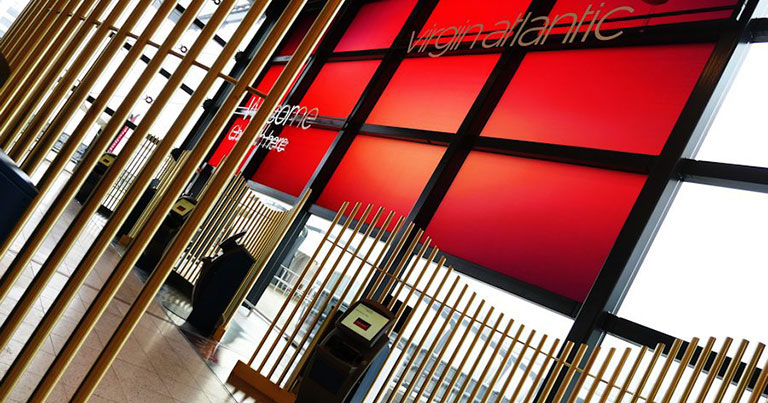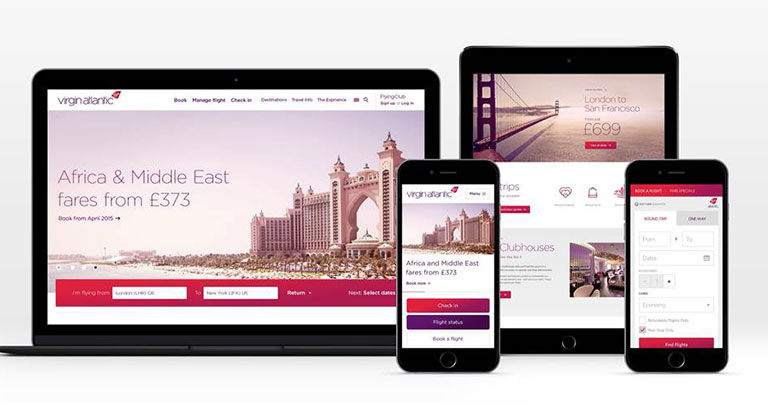
Two years after Virgin Atlantic announced its plans to migrate to the AIR4 passenger service system (PSS), the mammoth project is almost complete. The system is built on Delta Air Lines’ PSS platform and its adoption will help to more closely align the carriers, who launched their joint venture agreement in 2014.
According to Don Langford, Virgin Atlantic’s Senior Vice President Technology, “changing a PSS is easily the biggest technological and business change an airline can make”. He told FTE: “There are endless changes to technology and business processes that have to be understood and handled before the cutover. We worked really closely with our partners at Delta to bespoke their systems to our needs, train hundreds of our staff and provide support during the critical cutover period. However, the extra work to successfully develop and test those essential customisations has made the last few months extra stressful!”
Langford revealed that the migration should be complete by mid-2017. He continued: “We expect to be in sync with Delta’s release schedule within the next few months, and we’re also developing our governance and technical structures to enable us to jointly develop new products and capabilities going forward. My analogy has always been that the cutover was like the wedding day, with all of the event preparation and logistics. Now we’re moving into our marriage, with all of the discussion and joint decisions that entails!”

Langford also explained that the migration to AIR4 will provide Virgin Atlantic with the flexibility and capabilities it needs to make the carrier future-ready. “Sharing common codes and procedures whenever possible with Delta allows us many advantages,” he said. “For our customers, we are able to provide a more modern experience throughout key points of their journey such as booking and check-in, as well as a much more seamless experience on our joint venture services with Delta. Technically, we will be able to take advantage of Delta’s world-class infrastructure and software development plans.”
Personalisation and artificial intelligence
Aside from overseeing the migration to the new PSS, Langford is also heavily involved in a number of other technology-focused projects. One is the development of the so-called “Platform to Serve”, which will see cabin crew equipped with iPads with a number of capabilities that have been designed in consultation with crew members.
When pressed on which new and emerging technologies are in his thinking, Langford suggested that artificial intelligence (AI) holds lots of potential. “I think a form of AI is the nearest-term technology application we will see,” he said. “Systems that can parse natural speech, combine disparate data sources, and draw together customer history and preferences will be transformative. The use of a capability like IBM’s Watson to provide travel advice and information would be transformative to our customers and people alike.”
While he is keeping an eye on developments in this space, Langford said his main focus for now remains on “bedding in AIR4”. He added: “That said, innovation and entrepreneurship is in Virgin’s DNA, so I would expect to see a number of innovations in the near future.”






